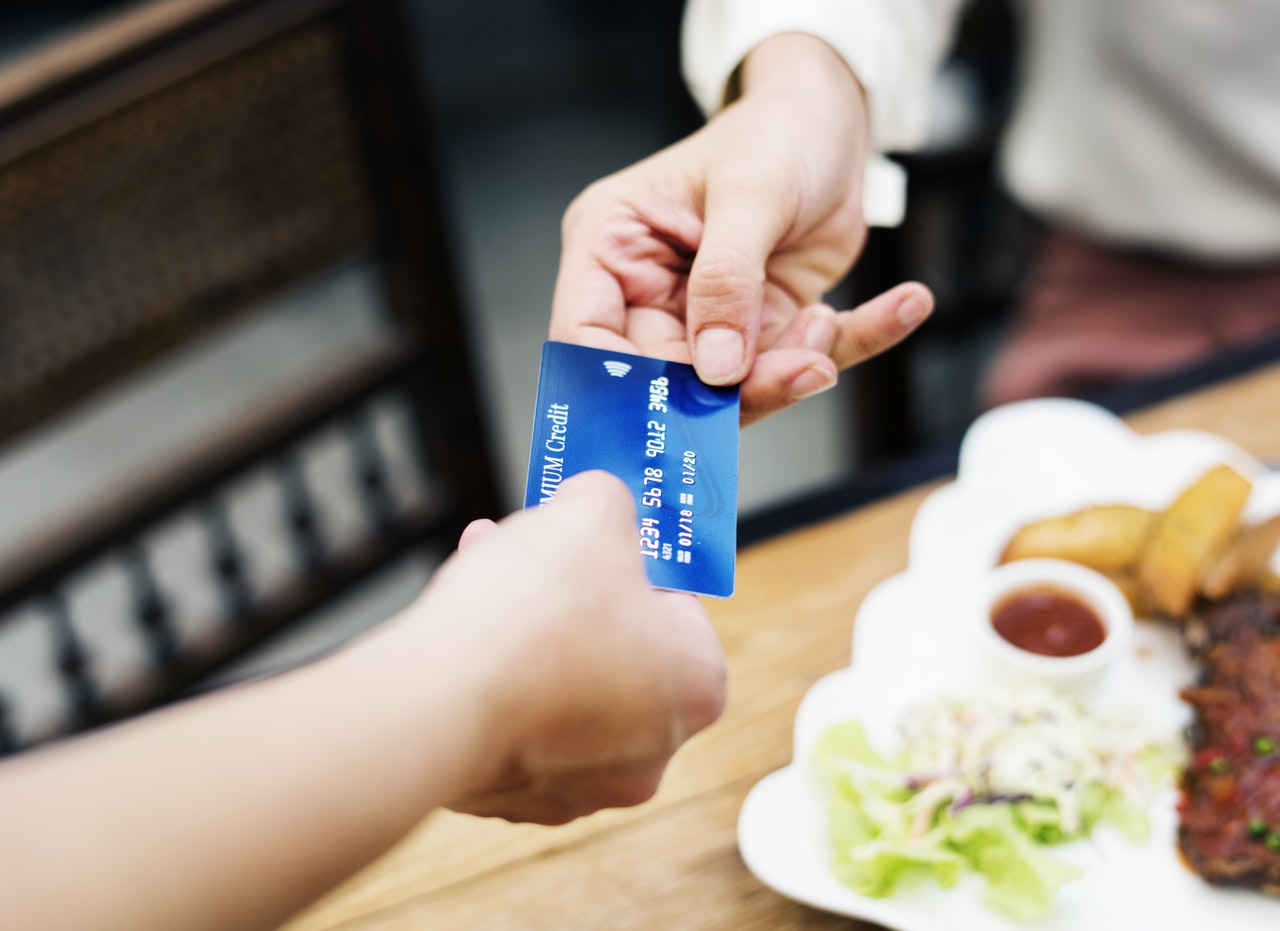How we choose to pay for major purchases—whether with a credit card, a personal loan, or hard-earned cash—has far-reaching consequences on our financial well-being. This is not just a matter of convenience but a strategic decision that affects debt levels, savings, credit history, and even mental health.
As consumer prices continue to rise across sectors, understanding when it is wiser to use financing and when paying in cash is the better move has never been more vital. According to a 2023 Pew Research Center report, 41% of Americans had to rely on some form of credit to handle essential expenses in the past year. And with credit card APRs at record highs, according to Bankrate, the margin for error is shrinking.
When Financing Offers an Advantage
For many, financing is a tool of empowerment—when used wisely. Credit cards, instalment plans, and personal loans can provide short-term liquidity without compromising savings.
Credit Card Rewards and Financial Leverage
Credit cards can offer tangible benefits. When used strategically, they allow users to accrue rewards points, cashback, or air miles. A 2022 NerdWallet study found that households that maximised rewards earned an average of $1,200 annually in cashback and travel perks—provided they paid their balances in full each month. These perks can be seen as a form of discount on everyday spending.
Promotional Payment Plans
Retailers often offer zero-percent financing deals on big-ticket items, particularly electronics and appliances. These arrangements, however, demand vigilance. Dr. Olivia Warren, a behavioural economist at the University of Chicago, warns: “Consumers underestimate how quickly promotional rates expire. Once they do, retroactive interest can significantly inflate the final cost.”
The Hidden Costs of Borrowed Money
The convenience of financing often conceals its cost. Credit card interest rates in the US currently average around 20%, according to the Federal Reserve. Carrying a balance turns a £1,000 purchase into a long-term financial liability.
Debt Spiral Risk
Missed payments can trigger late fees, raise interest rates, and reduce credit scores. A TransUnion report revealed that over 50% of borrowers who miss a single payment are more likely to default on other accounts within six months.
The Trap of Title Loans and Emergency Credit
Short-term lenders, including title loan companies (prevalent in cities like Houston), often prey on financially vulnerable consumers. According to the Consumer Financial Protection Bureau, the average annual percentage rate (APR) on a title loan exceeds 300%. Defaults can lead to asset repossession, further destabilising already fragile households.
Why Cash Still Matters
Paying with cash—or a debit transfer—provides a level of financial clarity and control that borrowing simply does not.
Freedom from Interest and Monthly Obligations
When you pay in cash, the transaction ends immediately. There are no follow-up bills, no accumulating interest, and no risk to your credit score. Cash purchases also reduce cognitive load. “From a psychological standpoint, people feel more in control when they use cash,” says Dr. Ethan McCoy, a financial psychologist based in London.
Reduced Risk of Overspending
A 2020 MIT Sloan study found that people are willing to pay up to 83% more for an item when using a credit card rather than cash, a phenomenon known as the payment coupling effect. In contrast, handing over cash is more emotionally impactful, prompting greater spending discipline.
The Limitations of a Cash-Only Strategy
Despite its benefits, cash payments come with their own challenges. Building up sufficient savings takes time—and in a society increasingly oriented around credit, cash payments may limit flexibility.
Loss of Credit-Building Opportunities
Regular, responsible credit use is one of the most effective ways to build a strong credit history. Without it, consumers may struggle to qualify for mortgages, favourable insurance rates, or even employment in some sectors.
Potential to Deplete Emergency Reserves
Using cash for a large purchase could leave you exposed to unexpected expenses. A Bank of America survey found that 56% of households would struggle to cover a £1,000 emergency after making a big-ticket purchase in cash.
Striking a Healthy Balance
The most financially savvy consumers know that the best choice is rarely absolute. Using a credit card for the rewards—but paying the balance in full before interest accrues—is one such balanced strategy. Similarly, spreading out payments for a large home renovation may be sensible if it preserves your emergency savings.
Financial advisor Lillian Adeyemi of BrightPath Consulting advises: “Use financing when it offers value—like zero interest or credit building—but only if you can manage repayment without stress. Otherwise, cash provides peace of mind.”
The Role of an Emergency Fund
A robust emergency fund—typically three to six months’ worth of expenses—is essential before making large purchases. If paying in cash would deplete this reserve, consider financing, even if it seems counterintuitive. The security of liquidity often outweighs the savings from avoiding interest.
Conclusion: Make Money Work for You
The decision to charge or pay in cash should be driven by strategy, not impulse. Financing can offer rewards and flexibility, but only with careful planning and discipline. Cash eliminates debt and interest but demands liquidity and foresight.
Ultimately, the smartest choice is the one that supports long-term stability, not just short-term satisfaction. As financial literacy improves, more consumers will realise that how you pay is just as important as what you buy.
Sources:
-
Pew Research Center, 2023 Consumer Finance Survey
-
Bankrate 2024 Credit Card Interest Report
-
NerdWallet Credit Card Rewards Study 2022
-
Consumer Financial Protection Bureau Title Loan Report
-
TransUnion Payment Behaviour Data 2023
-
MIT Sloan Management Review, “The Emotional Cost of Cash”
-
Interviews with Dr. Olivia Warren (UChicago), Dr. Ethan McCoy (UK), and Lillian Adeyemi (BrightPath)







